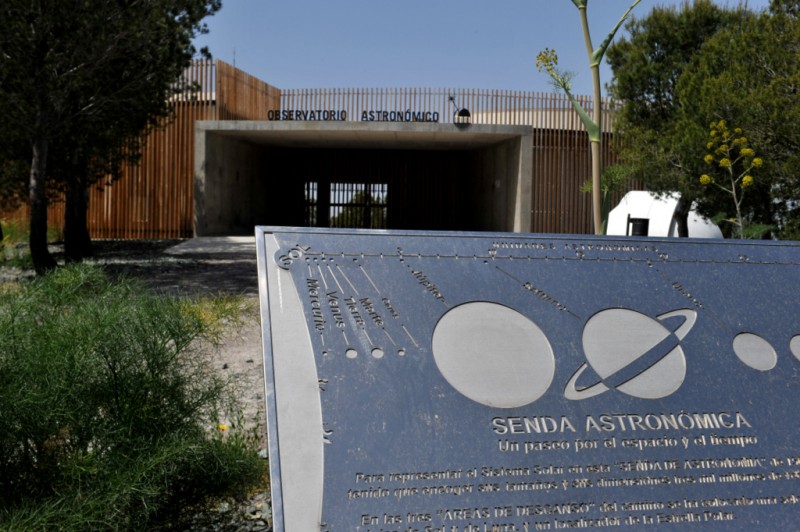- Region
- Águilas
- Alhama de Murcia
- Jumilla
- Lorca
- Los Alcázares
- Mazarrón
- San Javier
-
ALL AREAS & TOWNS
- AREAS
- SOUTH WEST
- MAR MENOR
- MURCIA CITY & CENTRAL
- NORTH & NORTH WEST
- TOWNS
- Abanilla
- Abarán
- Aguilas
- Alamillo
- Alcantarilla
- Aledo
- Alhama de Murcia
- Archena
- Balsicas
- Blanca
- Bolnuevo
- Bullas
- Cañadas del Romero
- Cabo de Palos
- Calasparra
- Camping Bolnuevo
- Campo De Ricote
- Camposol
- Canada De La Lena
- Caravaca de la Cruz
- Cartagena
- Cehegin
- Ceuti
- Cieza
- Condado de Alhama
- Corvera
- Costa Cálida
- Cuevas De Almanzora
- Cuevas de Reyllo
- El Carmoli
- El Mojon
- El Molino (Puerto Lumbreras)
- El Pareton / Cantareros
- El Raso
- El Valle Golf Resort
- Fortuna
- Fuente Alamo
- Hacienda del Alamo Golf Resort
- Hacienda Riquelme Golf Resort
- Isla Plana
- Islas Menores & Mar de Cristal
- Jumilla
- La Azohia
- La Charca
- La Manga Club
- La Manga del Mar Menor
- La Pinilla
- La Puebla
- La Torre
- La Torre Golf Resort
- La Unión
- Las Palas
- Las Ramblas
- Las Ramblas Golf
- Las Torres de Cotillas
- Leiva
- Librilla
- Lo Pagan
- Lo Santiago
- Lorca
- Lorquí
- Los Alcázares
- Los Balcones
- Los Belones
- Los Canovas
- Los Nietos
- Los Perez (Tallante)
- Los Urrutias
- Los Ventorrillos
- Mar De Cristal
- Mar Menor
- Mar Menor Golf Resort
- Mazarrón
- Mazarrón Country Club
- Molina de Segura
- Moratalla
- Mula
- Murcia City
- Murcia Property
- Pareton
- Peraleja Golf Resort
- Perin
- Pilar de la Horadada
- Pinar de Campoverde
- Pinoso
- Playa Honda
- Playa Honda / Playa Paraíso
- Pliego
- Portmán
- Pozo Estrecho
- Puerto de Mazarrón
- Puerto Lumbreras
- Puntas De Calnegre
- Region of Murcia
- Ricote
- Roda
- Roldan
- Roldan and Lo Ferro
- San Javier
- San Pedro del Pinatar
- Santiago de la Ribera
- Sierra Espuña
- Sucina
- Tallante
- Terrazas de la Torre Golf Resort
- Torre Pacheco
- Totana
- What's On Weekly Bulletin
- Yecla


- EDITIONS:
 Spanish News Today
Spanish News Today
 Alicante Today
Alicante Today
 Andalucia Today
Andalucia Today
The astronomical observatory of Cabezo de la Jara in Puerto Lumbreras
The mountains of Cabezo de la Jara reach an altitude of over 1,200 metres
The municipality of Puerto Lumbreras features a variety of contrasting landscapes, and one of the most attractive is to be found in the mountains which stand to the north-west of the town itself.
The highest point in this sierra is the Cabezo de la Jara, which reaches 1,242 metres above sea level, but at around 800 metres is a group of buildings including a youth hostel, a nature interpretation centre and an astronomical observatory which is open to visits from members of the public (by prior arrangement: see below).
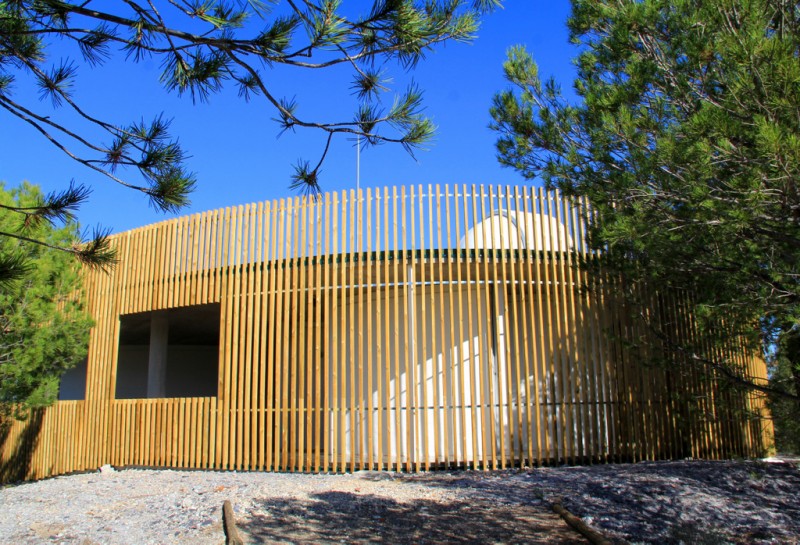
Starting at the entrance to the observatory there is also a 1.2 kilometre long “astronomy walk” which features scaled-down representations of the sun and the planets in the solar system, set at appropriate distances from each other. Along this walk there are various sundials, including a spectacular one set on a small hill which is both a complicated timepiece and, at the same time, an attractive sculpture!
There is also a longer walk featuring some of the flora which is typical of Cabezo de la Jara and the surrounding area, but this is sometimes overgrown, particularly after periods of heavy rainfall.
Cabezo de la Jara is one of the two observatories used by the Agrupación Astronómica de la Región de Murcia, the other being in La Murta in the Sierra de Carrascoy (not far south of the regional capital). The building was officially opened in 2001, is equipped with an LX 200 12 MEADE reflector telescope, and has recently been extended to cater for more visitors and to provide increased classroom facilities.
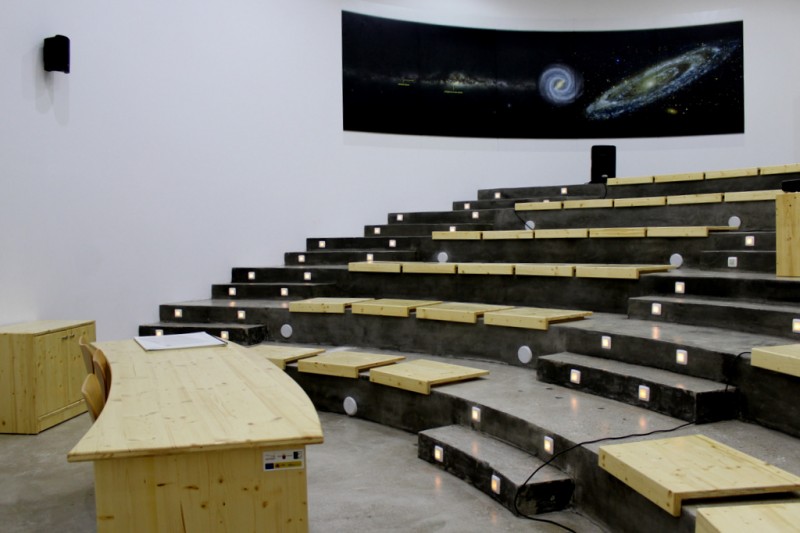
Visiting the observatory of Cabezo de la Jara
Visits to the observatory are by prior reservation with the tourist office only (telephone 968 436153, mobile 652 902268, email oficinadeturismo@puertolumbreras.es). There is a price of 2.50€ per person (children aged under 10 free of charge).
During the winter months of October to May (inclusive) the guided visits are held only on the last Saturday of each month, but from June to September they can be booked every Wednesday and Saturday evening. See the What's on section of the Puerto Lumbreras section for any guided visits or other activities.
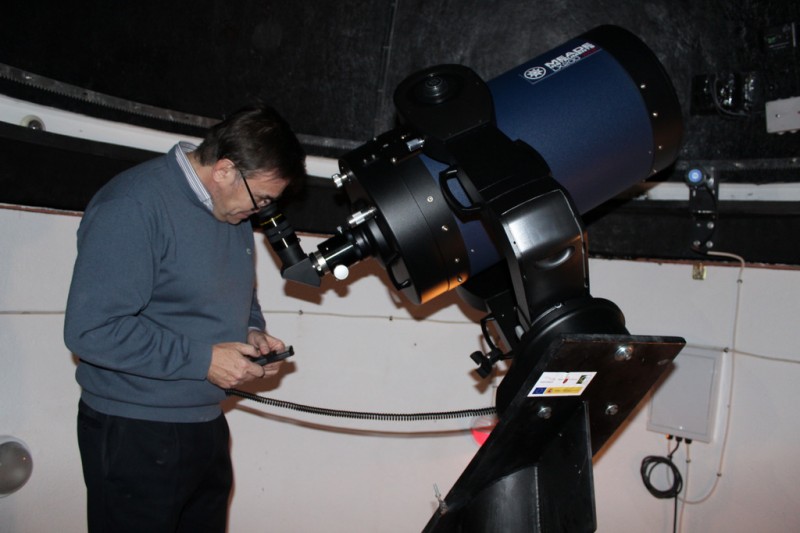
The first part of the visit is an introductory presentation related to the science of astronomy and some of the legends and interesting facts associated with the subject, and there is then a session of naked eye observation. The “main course” of the visit is the use of the principal telescope of the observatory and other instruments to examine some of the most important heavenly bodies in the night sky.
The visits are conducted by members of the Agrupación Astronómica de la Región de Murcia.
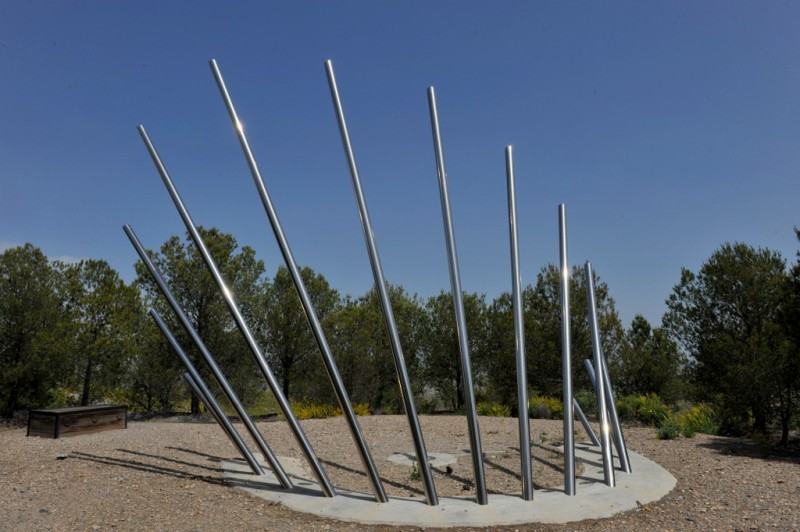
Of course, people are free to drive up to the area at any time to enjoy the scenery and the astronomical walk, an attractive way to discover one of the most unspoilt landscapes of the Region of Murcia, where evidence of human occupation is a rarity. The Cabezo de la Jara outlying district of Puerto Lumbreras is reported to have a population of precisely 17!
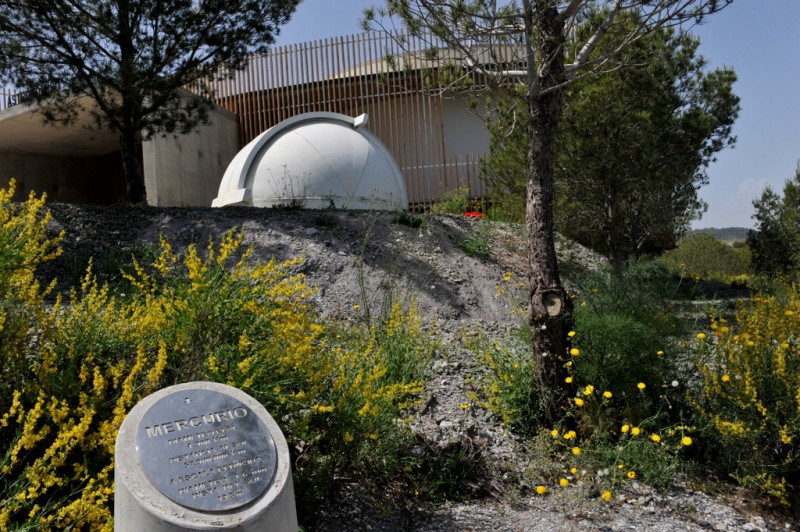
How to get to the observatory
The road leading up into the mountains and to the observatory is best reached from the main street on the southern side of the Rambla de Nogalte by taking the right turn (as you head away from the rambla) up Calle Esperanza towards the Asunción Jordán primary school. At the end of this street turn left, keeping the school on your left, and then take a right turn under the A-7 motorway.
The road is full of winding turns as it climbs up into the Sierra, and the interpretation centre and observatory of Cabezo de la Jara are clearly visible on the left after approximately 7 kilometres (click for map location).
For more local information, news and events consult the Puerto Lumbreras section of Murcia Today.

